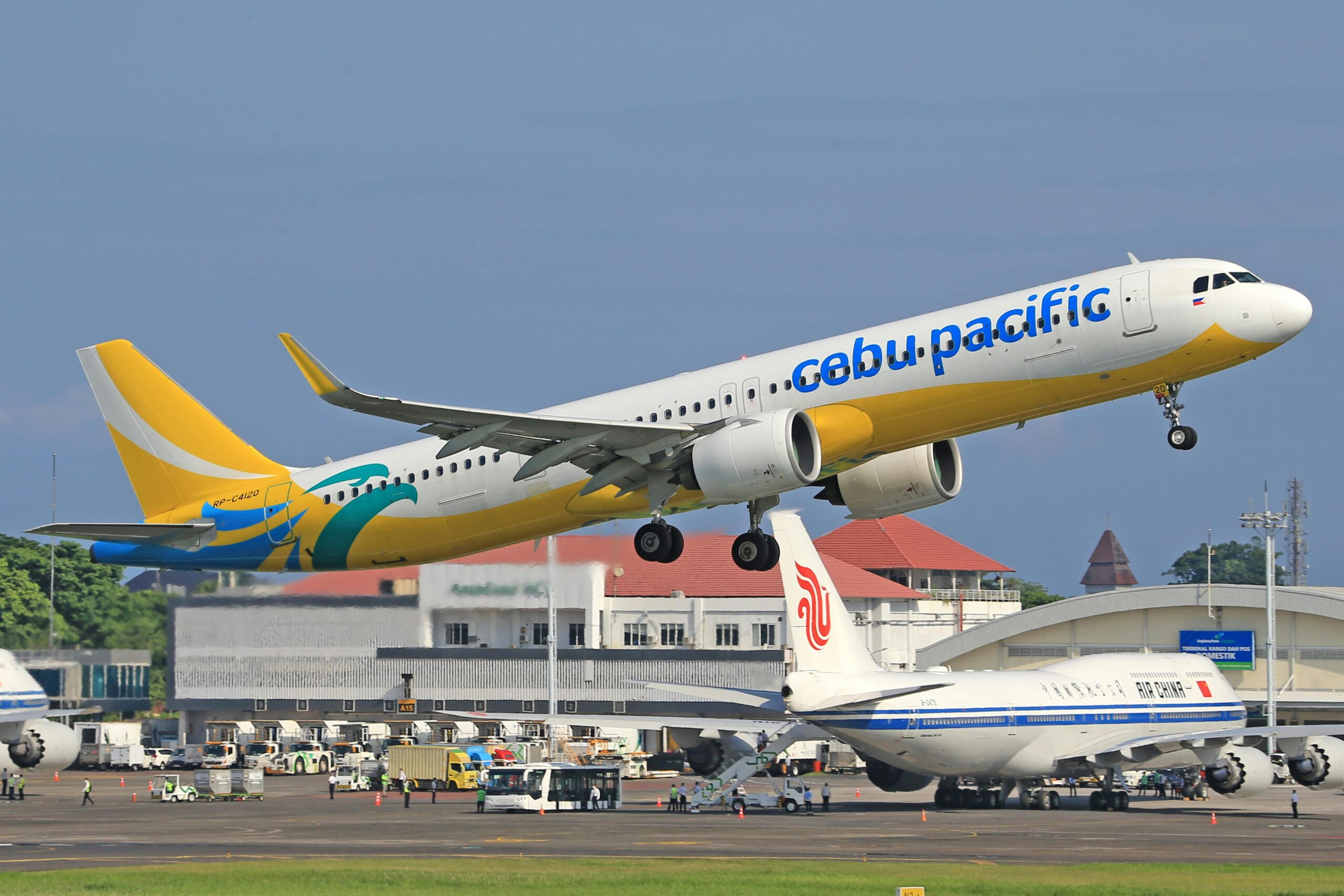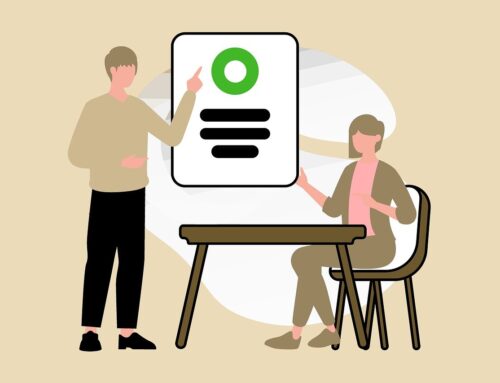
Love and Departure: Navigating Offloading When Leaving the Philippines with a Filipina Partner
Leaving the Philippines together might sound simple, but for expat men traveling with their Filipina partners, a dream trip can turn stressful at the airport. Immigration officers in the Philippines have the authority to stop passengers from boarding international flights—a process known as offloading.
This blog dives into why it happens, who it affects, and what you can do to avoid it.
Why Does Offloading Happen?
Offloading isn’t about discrimination—it’s a safeguard. The Philippines takes human trafficking and illegal recruitment seriously. Unfortunately, these problems still affect many Filipinas who travel abroad. To help protect citizens, immigration officers are trained to spot risky travel situations and stop them before they escalate.
Here’s why they might intervene:
1. Preventing Human Trafficking
Filipinas traveling alone or with foreign partners may be flagged if officials believe there’s a risk of trafficking or exploitation. While this helps protect vulnerable women, it can sometimes create problems for genuine couples.
2. Financial Safety Concerns
If immigration suspects that a Filipina traveler might end up financially stranded or forced into illegal work overseas, they may prevent the trip. Officers often evaluate the expat partner’s ability to provide support abroad.
3. Avoiding Government Rescue Missions
When Filipinas get stuck overseas in dangerous situations, it’s often the Philippine government that steps in. Offloading is a way to reduce the need for costly and complicated rescue efforts later.
What Raises Red Flags at Immigration?
Not every couple gets offloaded—but certain situations are more likely to trigger extra scrutiny. Here are some common warning signs immigration officers look out for:
Big Age Gaps
A large age difference between you and your partner doesn’t guarantee offloading, but it can raise questions. Be ready to explain your relationship and show proof that it’s real and long-term.
Unclear Occupation or Income
If you don’t have a job, can’t prove steady income, or your financial situation is vague, immigration might worry that your partner could be left unsupported abroad. It helps to show bank statements, proof of income, or a letter stating you’ll cover expenses.
No Travel History Together
If you’ve never traveled together before, or if your Filipina partner has no international travel experience, that can be viewed as risky. On the other hand, prior joint trips with clean immigration records often work in your favor.
Inconsistent Answers or Missing Details
If your answers don’t match, or your story doesn’t line up with your documents, it raises doubt. Make sure you’re on the same page about dates, destinations, and your relationship timeline.
Lack of Documentation
Photos together, travel receipts, screenshots of messages, or even proof of living at the same address can help show your relationship is genuine. Without these, immigration may assume otherwise.
Past Immigration Issues
If either of you has had a previous visa overstay, deportation, or other immigration issues, expect closer scrutiny. Be honest and prepare documents that show your current plans are different and legitimate.
Coming Up Next: What You Can Do to Avoid Offloading
Now that you know why offloading happens and what triggers it, the next step is preparation. In the next section, we’ll break down specific documents to bring, what to expect during questioning, and how to make your departure as smooth as possible.
The Burden of Proof: What Filipina Travelers Face at Immigration
For Filipina women traveling with their expat partners, leaving the Philippines should be exciting—but it can quickly turn stressful. That’s because immigration officials may offload passengers they believe are at risk of trafficking or exploitation. While this system aims to protect, it often places the burden squarely on the Filipina traveler to prove her relationship and travel plans are genuine.
Let’s look at what this means and how couples can prepare to avoid unnecessary delays, questioning, or worse—being denied departure.
Proving the Relationship: More Than Just Words
Immigration officers expect solid, verifiable proof. It’s not enough to simply say you’re a couple—they need to see a consistent story backed up by documentation. This means being ready to show a paper trail that leaves no room for doubt.
What You’ll Need (Organized by Timeline):
-
Photos Together – Print clear, dated pictures from your time together: vacations, birthdays, normal days out, or holidays with family.
-
Travel Receipts – Flight tickets, hotel bookings, or boarding passes from past trips you’ve taken as a couple.
-
Printed Chat Logs or Emails – Proof of long-term communication. Highlight messages that show your relationship’s growth over time.
Understanding Red Flags and How to Address Them
Filipina travelers—especially in relationships with older foreigners—often face added scrutiny. Here’s what immigration may look out for:
-
Big Age Differences – Be prepared to explain how your relationship developed and what makes it genuine.
-
Limited Travel History – First-time international travelers may be questioned more. Having joint travel records helps.
-
Financial Uncertainty – Officials want to know the Filipina partner won’t end up stranded or working illegally abroad. Documents showing financial support from the expat can help ease concerns.
Be Ready for Questions: Calm, Clear, and Honest
You may be asked:
-
How did you meet?
-
How long have you been together?
-
Where will you be staying?
-
Who’s paying for the trip?
Answer directly and consistently. Contradictions between you and your partner can raise alarms.
Be Organized: Building a Binder That Shows You’re Prepared
A little planning goes a long way. Create a document binder or folder with all your important paperwork organized by category and date:
What to Include:
-
Relationship Proof: Photos, receipts, printed chat history.
-
Financial Support (Optional but helpful):
-
Affidavit of support from the expat partner
-
Bank statements or proof of income
-
-
Trip Documents:
-
Confirmed flight tickets (departure and return)
-
Hotel or Airbnb booking confirmations
-
A simple itinerary if you have activities planned
-
Presentation Matters: How You Show Up Makes a Difference
-
Dress Respectfully: Avoid overly casual or flashy clothing. Keep it professional and appropriate.
-
Stay Calm and Confident: Answer questions honestly, politely, and with a steady tone. Avoid emotional or defensive reactions.
Extra Tip: Show Proof of Onward Travel
-
Return Tickets Are a Must: Immigration wants to know you’re coming back. Make sure your tickets are booked and accessible (printed or on your phone).
When to Get Extra Help
-
Talk to an Immigration Lawyer: If you’re unsure or have been offloaded before, a short consult with a lawyer can be a wise investment. They can review your documents and advise on anything you might be missing.
Final Thoughts: Preparation Is Power
Offloading isn’t random—it’s based on specific concerns. But when you’re prepared, organized, and respectful, your chances of a smooth departure rise dramatically.
Remember:
-
Keep everything printed and in order
-
Be calm and clear when questioned
-
Show your relationship is real and your plans are legitimate
Farewell, But Not Forever: Leaving the Philippines Without the Stress
Saying goodbye to the Philippines with your Filipina partner can bring mixed emotions—excitement for what lies ahead, and a bit of nervousness about the immigration process. But with the right preparation, your departure doesn’t have to be stressful.
By documenting your relationship clearly, showing financial readiness, and having a well-organized travel plan, you can ease the concerns of immigration officials and avoid unnecessary delays.
Stay calm, dress appropriately, and be honest and respectful during questioning. A little preparation goes a long way.

















